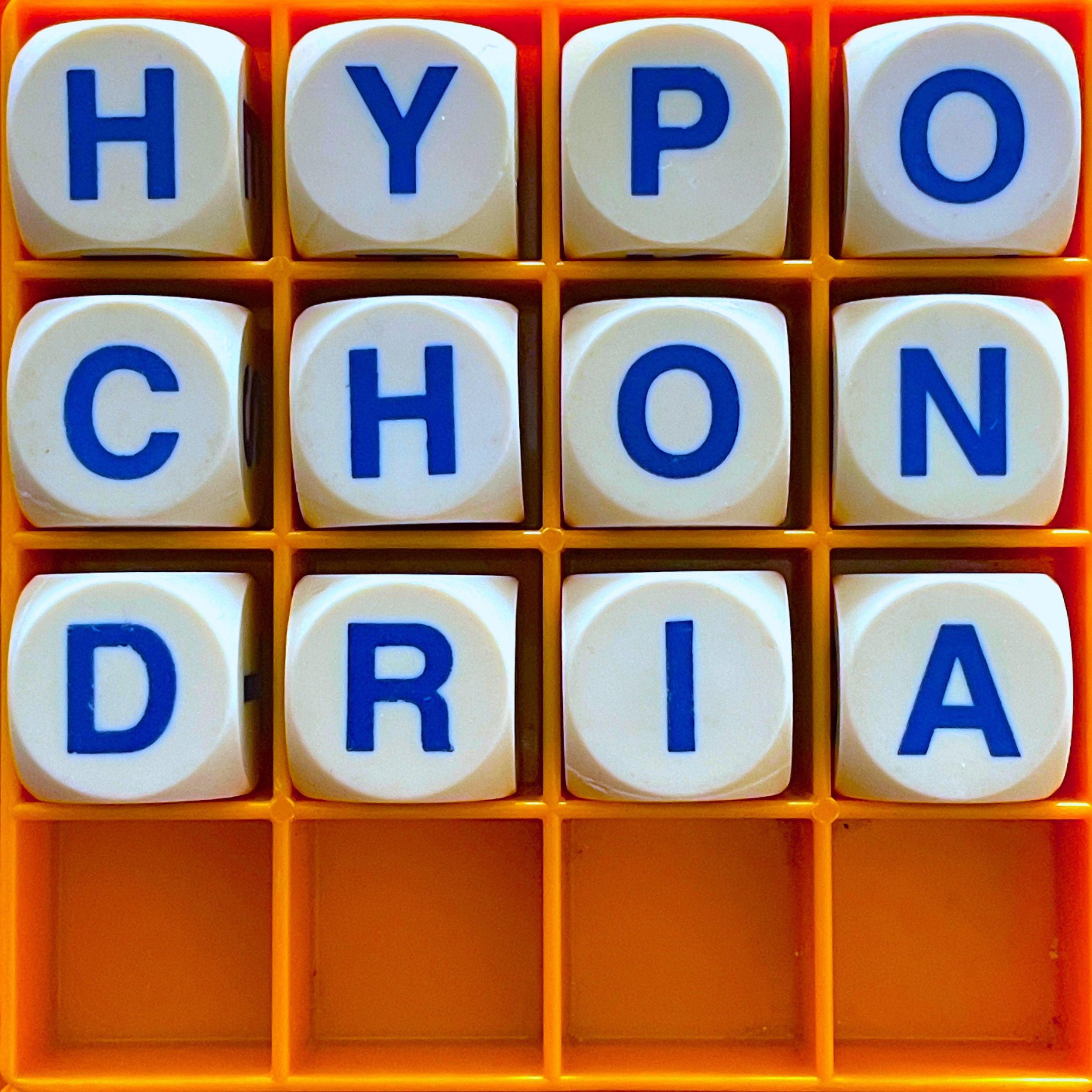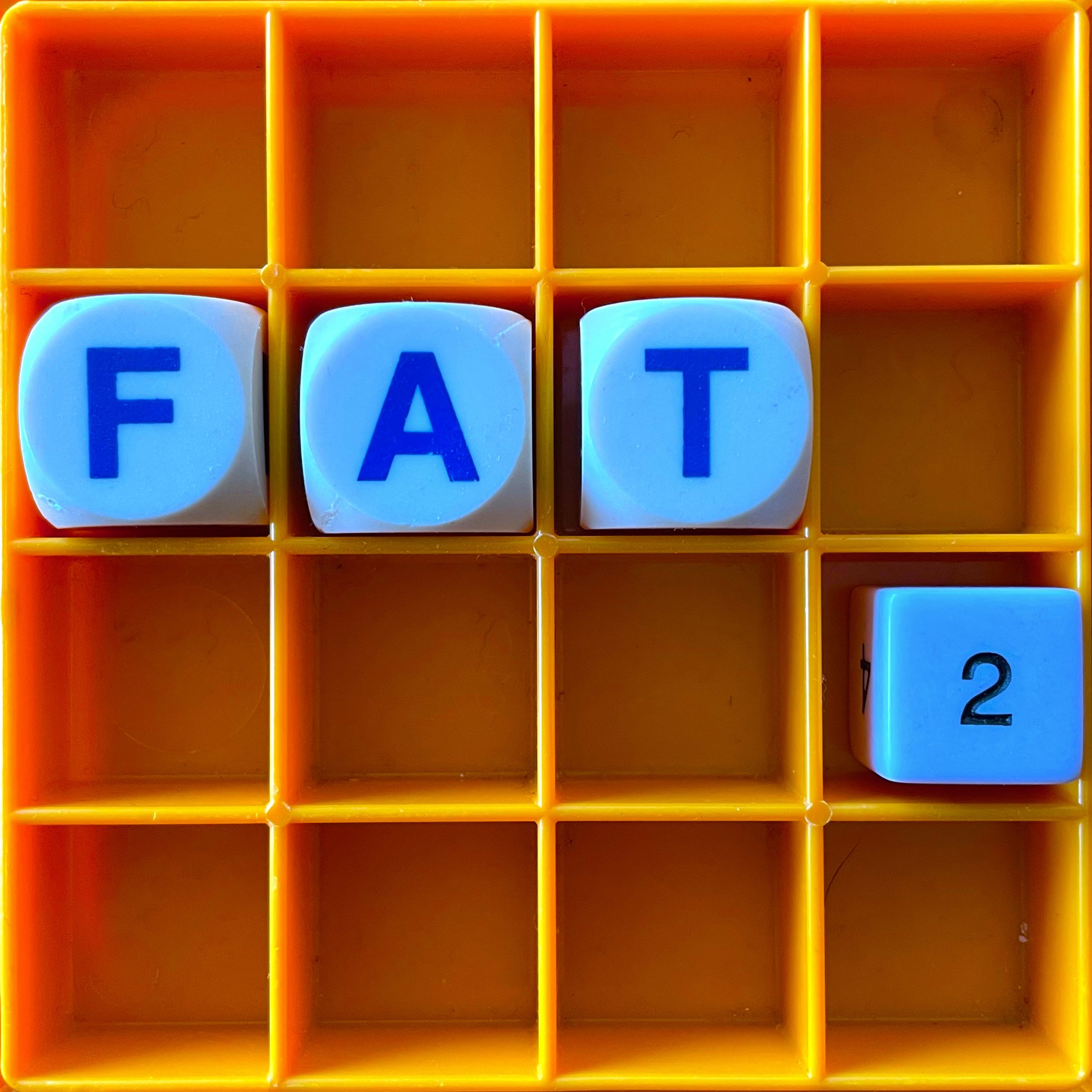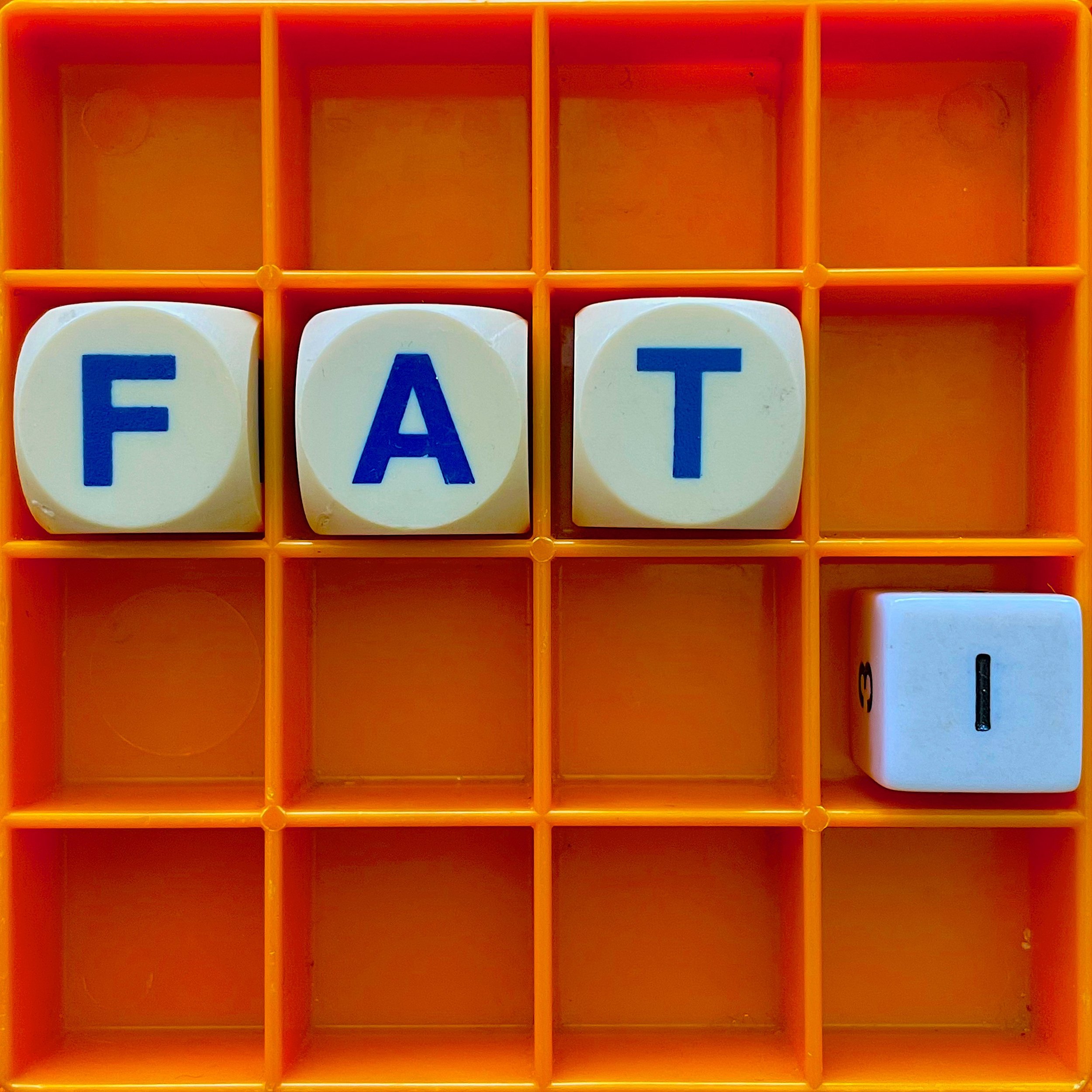This is the Allusionist, in which I, Helen Zaltzman, have been stashing away special Allusiobits all year, when the people who appeared on the show said interesting things that I couldn’t fit into their episode because there wasn’t room or it was not about language - waiting, just waiting, for this, the annual Bonus episode! This year we’ve got something called the ‘universal blank’, which actually does not refer to my emotions; we’ve got tricorn hats, poets with migraines, and why Boston cream pie isn’t a pie. And so much more.
Read moreAllusionist 191 Hypochondria - transcript
CAROLINE CRAMPTON: A lot of the theoretical material that I'd read about hypochondria very much positioned it in this binary situation that either someone has, quote, real illness, i.e. illness that you can detect with a scan or a blood test or some other diagnostic tool, or "It's all in their head and it's made up," and those are the only two ways it can be. But, just personally, I feel like I'm pretty much constantly experiencing some combination of the two. And I think the idea that there is unwarranted fear: I don't think there is any such thing as unwarranted fear, to be honest.
Read moreAllusionist 177 Fat part 2 transcript
AUBREY GORDON: Our anti-fatness became a way to sublimate all of the sort of latent racism, classism, ableism, all of that kind of stuff, and just pin it on folks who we could convince ourselves, quote unquote, “did it to themselves” and therefore deserve whatever's coming to them. Which is sort of the attitude toward fat people: “If you really didn't wanna be treated this way, you'd just lose weight,” without any real recognition of what it takes to lose weight. Have you seen people diet? Have you dieted? If you have, you know it is not a straight line.
I think the other thing that feels really tricky about all of this is, aside from surgical methods - and even within some surgical methods - we do not know, scientifically, reliably, how to make fat people thin in the long term. And many physicians know that. Many insurers know that. And yet still the instruction is when you encounter a fat patient, you are in dereliction of duty if you don't tell that person that they're fat and they need to lose weight.
Allusionist 176 Fat part 1 transcript
AUBREY GORDON: The words that always bothered me considerably more than ‘fat’ are the many, many, many euphemisms that people who aren't fat come up with to supplant fat.
HZ: ‘Curvy’. My chins are.
AUBREY GORDON: Totally. I'm like, “I have one curve, guys! I'm just like an egg shape.”
Allusionist 149 Complex PTSD transcript
STEPHANIE FOO: I was diagnosed with complex PTSD in 2018. And I had never heard of complex PTSD before. I Googled it; it sounded very serious and very scary.
HZ: And was it very serious and very scary?
STEPHANIE FOO: I mean, yes! I think it is very serious and very scary. I
Allusionist 145 Parents transcript
FREDDY McCONNELL: A lot of the time when you hear about trans and non binary inclusion in pregnancy care, the idea is that all of this inclusive stuff is additive. It's not meant to replace language that works for the vast majority of people who are pregnant, which are cis women; it's just this is the language you use if and when you do encounter someone who's trans.
Read moreAllusionist 82 A Novel Remedy transcript
When you’re not feeling well, which books do you turn to to make yourself feel better?
I asked this question on the Allusionist Facebook and Twitter, and hundreds of you responded, but a few answers came up again and again:
Terry Pratchett, Douglas Adams, JRR Tolkien.
Makes sense. Science fiction, fantasy: what’s more escapist?
Jane Austen. PG Wodehouse.
Also escapist, thanks to period setting - and, rich people problems not health problems.
Things you read when you were a child: Moomins, What Katy Did, Anne of Green Gables…
Taking you back to a time in your life that perhaps felt safer, or simpler...
...Harry Potter.
Boarding school shenanigans! Wizard problems not real life problems!
And, Agatha Christie.
Poison! Gunshots! Stabbing! Hang on, why would stories about murder make us feel better?
Well, they’re kind of supposed to make you feel better.
Read moreAllusionist 74. Take A Swear Pill - transcript
HZ: So why is swearing good for you?
EMMA BYRNE: It's good for us socially, in that it is this really useful telegraph of our emotions; it's a good way of avoiding physical conflict. It's also a really good way of bonding, of saying "I hear you. I feel the strength of your emotions," like saying "Fuck that shit" when someone comes to you with something that's obviously upset them. Sometimes it needs to be something stronger than just putting your arm around their shoulder going, "Oh there, there". It's also really useful individually, both for a cathartic side of things when you do something painful or frustrating, letting it out there.
HZ: Another reason swearing is good for you: it relieves pain.
EMMA BYRNE: That is really potent and surprisingly well documented. When you stick your hands, for example, in freezing cold water, you can stand it for about half as long again if you’re using a single swear word than if you're using a single neutral word. Not only that: when afterwards you're asked about how painful that experience felt, you report that cold water as feeling much milder than the water that you had your hand in while you were using some neutral word. So we know that it's really handy for dealing with pain that's being inflicted on you. We also know that it's quite useful, for example, among people who are suffering from long term conditions - so not pain that's been inflicted in a lab, the pain that is ongoing. So managing particularly the emotional aspects of long term pain, a good swear can be cathartic.
Read moreAllusionist 58: Eclipse - transcript
LAUREN MARKS: Words were everything in my life. It was all day, every day, on stage, off stage, on the page...
HZ: Let's go back to what happened.
LAUREN MARKS: Oh, sure.
HZ: How old were you?
LAUREN MARKS: I was 27. I was an actress and a director and a PhD student in New York. And there was absolutely no warning. I mean, I was actually performing on stage when it happened. I went onstage to perform a karaoke duet.
HZ: What was the song?
LAUREN MARKS: It was ‘Total Eclipse of the Heart’.
HZ: Wrong organ.
LAUREN MARKS: I know… No, it's OK to laugh, because I just really am glad I didn't die doing that. So anyways, I was on stage, I was singing... I was up, singing the song... and then I was down.
I collapsed immediately, because it was not known to me at the time but an aneurysm had ruptured in my brain and it was hemorrhaging.
HZ: An aneurysm is a weakness in a blood vessel in the brain. It’s estimated that one in fifty people have such a weakness, but most will never even know about it - only around 1 in 25,000 aneurysms causes trouble.
As she later found out, Lauren Marks had two, and one of them was that 1 in 25,000. It ruptured, and she had a stroke.
Karaoke interrupted, Lauren was taken to hospital. When she woke up, she had undergone brain surgery; but something else had changed.
LAUREN MARKS: When I woke up in the Edinburgh hospital, I had very little language: speaking, reading, writing were all dramatically affected. I probably only had about 40 or 50 words at my disposal.
Read more








